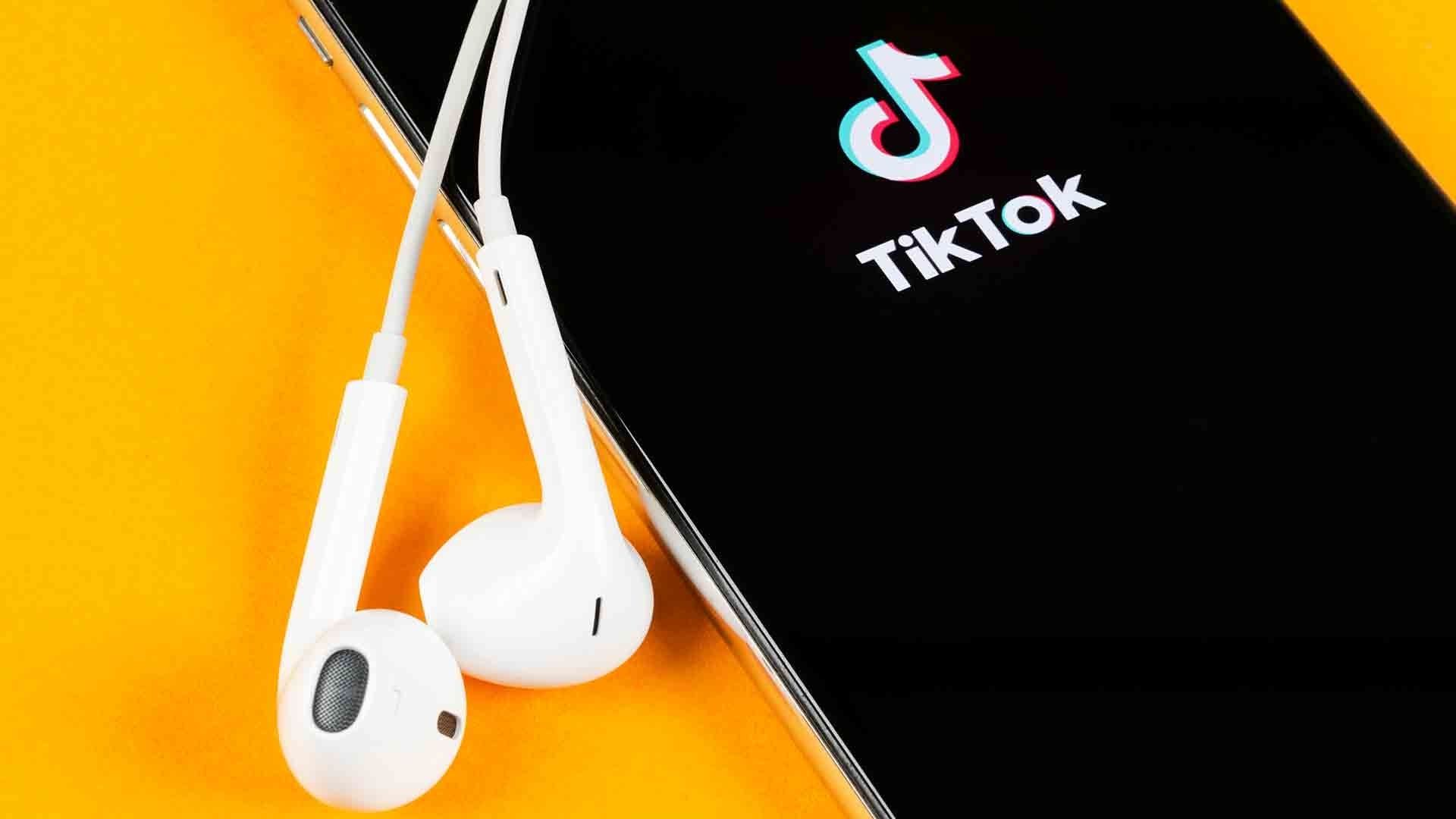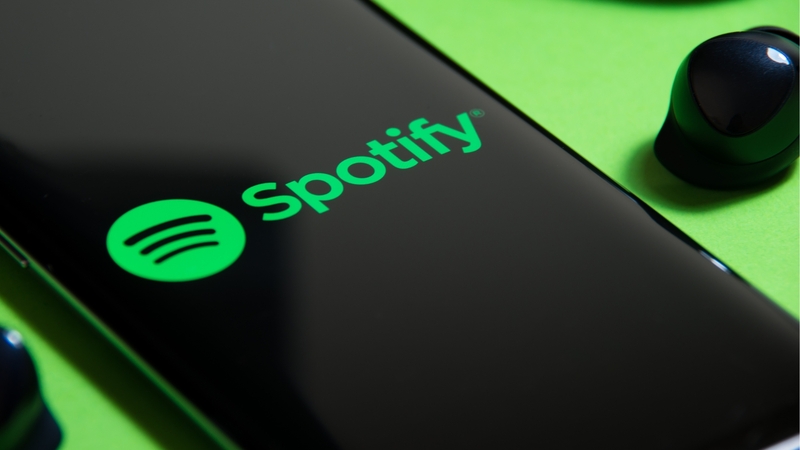You are viewing your 1 free article this month. Login to read more articles.
The digital picket line
As the HarperCollins strike shows, TiKTok has the power to punish publishers, not just reward them.
Ahead of this past week’s “tentative” agreement between HarperCollins and its union members, one of the requests made by the union was for reviewers and “blurbers” to pause reviews of HarperCollins titles and to post content around the strike to maintain what has become known as the digital picket line. Union workers had begun a strike in November 2022 over contracts, pay and diversity intiatives.
Anyone in publishing or even tangentially linked to the book world will be familiar with the changes TikTok has wrought, not only on the industry, but on readers and authors alike.
The question of the digital picket line was mentioned in an off-hand comment by a TikTok creator when they said other creators were avoiding talking about HarperCollins titles. As an interesting aside, I thought, could this be a prelude to BookTok’s politicisation—a community of readers becoming the inverse, as active non-readers? A show of solidarity, not with publishing houses as brands, but with the workers who make them up? A subculture turning from the joy of reading towards examining what you read?
BookTok creators have the power to shape this industry and it just happens to have been favourable—so far. But the stand taken by some creators gives an inkling of how quickly this power dynamic could shift.
Although social media is occasionally denounced as a weapon disseminating falsehoods, it also has the power to unify, particularly with younger generations who may not yet be in employment, be part of a union or know about ongoing disputes.
Carter Kalchik, a US creator on TikTok posting under @carterkalchik, said: “The strike is something that the BookTok community was primed to support—a community of book lovers who want to make sure the people who make the books available to us are getting a fair wage and being treated with respect.”
A subculture built around the joy of reading could become the movement that effectively unionises thousands of readers
BookTok is not typically viewed as an overtly political digital subculture, but the stand taken by some creators shows that there is potential for politicisation—and not in a way publishers will appreciate. “It’s impossible to be on BookTok and not know about [the strike],” added Kalchik.
A UK creator, who wished to remain anonymous, said that although BookTok is “a very small community, despite how big it appears to be, we all talk with each other about these things and are definitely watching the ongoing news about the strikes. I think especially with how much BookTok has helped publishers and had a positive impact on book sales, it’s important we also stand with the workers who are being unfairly treated by the publishing houses who we’re helping bring money into.”
BookTok could not exist without the books and the books could not be made without the author and team that works from inception to publication and beyond. Publishing is often held up as an industry people enter because they love books, they love reading and they want to be a part of the process. What BookTok and other creators appear to be asking is, why should there be a sacrifice in doing what you love? Why should there be a trade-off?
It has been mentioned at conferences – workers need to set boundaries around work and life, the sentiment that "let’s be real, we aren’t here for the pay" – but why should it be expected that doing what you enjoy necessitates a monetary trade-off?
Jonathan Corby, an illustrator and design assistant at HarperCollins US who joined the strike in November 2022, said: “I love working on books. I love my job. The pay, though, I think we are expected to just deal with because we love what we’re doing so much which is, I think, a very predatory way to hire employees.”
US TikTok creator Carmen Alvarez (@tomesandtextiles) said: “I’ve tried to bring [the strike] up as often as possible because one of the things I’ve learned in online spaces is that if you’re not constantly seeing the message, you’ve moved past it, it’s done”. Alvarez, like Kalchik, has been withholding Goodreads reviews of HarperCollins titles and mentioning the strike in videos at least once a week.
Speaking before the announcement of the agreement, Abby Parker, a UK creator on TikTok posting under @abbysbooks, added: “I’ve been following the Instagram account to keep up to date with all the news about the stri-kes. I’m listening to workers on how to best support them and stand by them in such a difficult time and situation.”
Online solidarity is not confined to TikTok. Sarah Wendell, founder and presenter of the podcast “Smart Trashy Books” has been removing any mention of HarperCollins titles from her podcast episodes. The number of removed titles currently stands in the triple digits. Also speaking before the new agreement, Wendell commented: “I also have another episode on hold entirely, because the author is a HarperCollins author talking about her newest book. I’ve had to tell her I can’t do this episode, that I’m going to be holding it. She was understanding but I felt horrible.”
“We’ve been getting a lot of support from the public, from people on social media, from people emailing,” said Corby. “I think keeping that up and keeping the pressure on HarperCollins consistently is what’s most important.”
BookTok has been invited into the publishing industry with open arms, creators are brought to book launches, sponsored for posts, and undoubtedly publishers have benefited from this exposure, but the mood could quickly change. A subculture built around the joy of reading could become the movement that effectively unionises thousands of readers.
It is brilliant news that a “tentative” agreement has been reached between the union and HarperCollins US—the union’s strategy was clearly influential as was the support given by online creators. The strike has set a precedent, showing how the digital picket line will increasingly become a power which companies and corporations will have to reckon with. Although the support online could be easily dismissed by HarperCollins management, there may come a time when publishers have to win back not only their employees but also their readers.



















